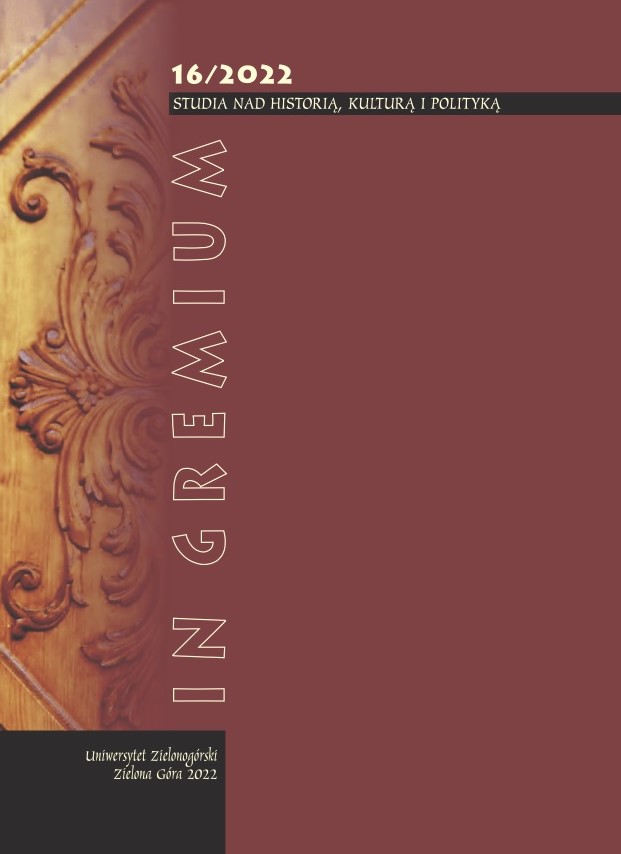Abstrakt
W artykule omawiam książkę Jamesa L. Kastely’a, The Rhetoric of Plato’s Republic. Democracy and the Philosophical Problem of Persuasion (2015), w kontekście późniejszych analiz Politei Jacoba Howlanda, Glaucon’s Fate. History, Myth, and Character in Plato’s Republic (2018). Tłem porównawczym jest proces aktu perswazji: według Howlanda nieskuteczny wobec Glaukona, według zaś Kastely’a ‒ skuteczny w świecie takim, jaki jest.
W konkluzji sugeruję, że stopień trafności obu tych zderzających się interpretacji kryje się w profilu adresatów/pierwszych odbiorców dialogu (czyli w ich perswazyjnej wrażliwości) oraz w sposobie publikacji dziesięciu ksiąg Politei.
Bibliografia
Baltzly D., Finamore J.F., Miles G. (eds., trs.), Proclus, Commentary on Plato’s Republic, vol. I, Essays I‒VI, Cambridge 2018.
Howland J., Glaucon’s Fate. History, Myth, and Character in Plato’s Republic, Philadelphia: Paul Dry Books 2018.
Kastely J. L., The Rhetoric of Plato’s Republic. Democracy and the Philosophical Problem of Persuasion, Chicago and London: The University of Chicago Press 2015.
Munn M., The School of History: Athens in the Age of Socrates, Berkeley 2000.
Open Syllabus https://opensyllabus.org [dostęp 20.06.2020].
Tarrant H., Plato’s First Interpreters, Ithaca, New York 2000.
Howland J., Glaucon’s Fate. History, Myth, and Character in Plato’s Republic, Philadelphia: Paul Dry Books 2018.
Kastely J. L., The Rhetoric of Plato’s Republic. Democracy and the Philosophical Problem of Persuasion, Chicago and London: The University of Chicago Press 2015.
Munn M., The School of History: Athens in the Age of Socrates, Berkeley 2000.
Open Syllabus https://opensyllabus.org [dostęp 20.06.2020].
Tarrant H., Plato’s First Interpreters, Ithaca, New York 2000.

